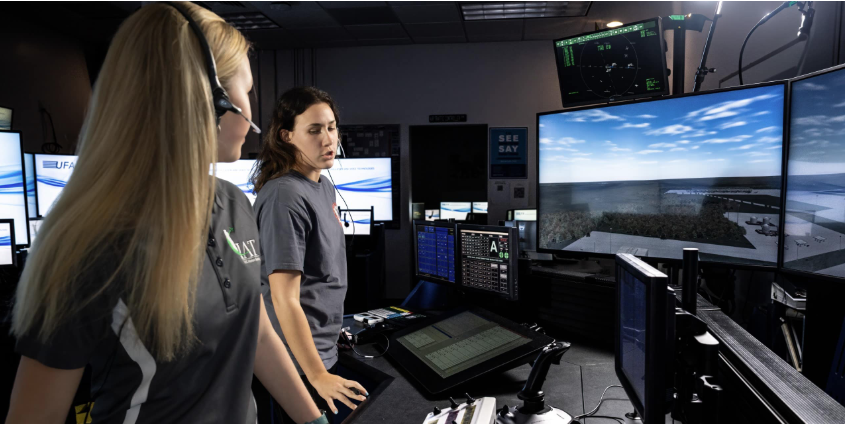Document Type
Article
Publication/Presentation Date
2010
Abstract/Description
The 2010 Pilot Source Study, commissioned to research the success of pilots in initial training for Part 121 operations, analyzed the training performance of 2,156 new-hire pilots in the years 2005-2009. Six regional airlines provided data that was mined from human resource and pilot training files. Five university researchers independently analyzed the data and integrated their results. The study expressed success in terms of fewer extra training events and fewer non-completions in regional airline training. Statistically, the best performing pilots were those who had flight instructor certificates, graduated from collegiate accredited flight programs, received advanced (post-Private) pilot training in college, graduated with collegiate aviation degrees (any aviation discipline), and had between 500 and 1,000 pre-employment flight hours. Pilot source characteristics that had no significance in regional airline pilot training success were: having a non-aviation college degree and having prior corporate pilot or airline pilot experience.
Publication Title
International Journal of Applied Aviation Studies
Scholarly Commons Citation
Smith, G. M., NewMyer, D. A., Bjerke, E., Niemczyk, M., & Hamilton, R. A. (2010). Pilot Source Study: An Analysis of Pilot Backgrounds and Subsequent Success in US Regional Airline Training Programs. International Journal of Applied Aviation Studies, 10(1). Retrieved from https://commons.erau.edu/db-applied-aviation/3


Additional Information
Originally published in International Journal of Applied Aviation Studies, Volume 10, Number 1